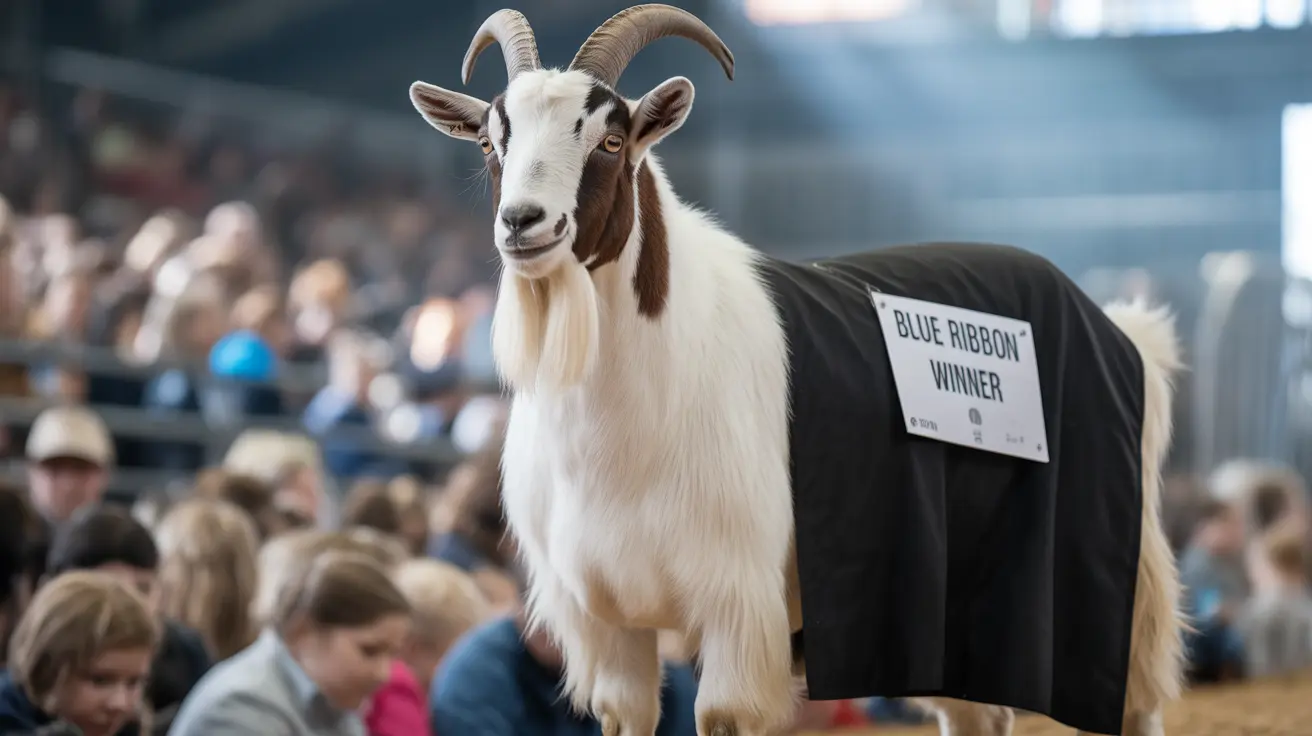Why Do Cats Gain Weight in Winter?
When the temperature drops and the days grow shorter, you might notice your cat looking a bit rounder. It's not your imagination—many cats do gain weight during winter. This seasonal change is driven by a combination of biology, environment, and instinct.
The Science Behind Winter Weight Gain
Cats experience changes in both metabolism and appetite as daylight hours decrease. Research shows domestic cats eat about 15% more food between October and February compared to the summer months. The colder weather means they need extra energy to stay warm, so their bodies naturally crave more calories.
For indoor cats, this can be a double-edged sword. They may be less active—preferring to nap in cozy spots rather than chase toys or explore outside—so they're burning fewer calories even as they're eating more. If their diet isn't adjusted or they're not encouraged to exercise, those extra calories quickly add up.
Evolutionary Instincts at Work
This tendency isn't just about comfort; it's rooted in feline evolution. Wild cats developed survival strategies for lean times by storing body fat during colder months when prey was scarce. This "thrifty gene" slows metabolism and encourages fat storage as days shorten and winter approaches. Even though most pet cats now live indoors with steady food supplies, these instincts linger.
- Shorter days trigger hormonal changes that boost appetite.
- The body becomes more efficient at storing fat for insulation.
- Even with central heating, these ancient cues still influence modern housecats.
Fur or Fat? Distinguishing True Weight Gain
Sometimes what looks like weight gain is actually just a thicker winter coat. Cats' fur grows denser for insulation during cold weather, especially their soft undercoat. While this helps keep them warm, it can also make them look bulkier than they really are. To check if your cat has truly gained weight, gently feel around their ribs and waist instead of judging by appearance alone.
Risks of Excessive Winter Weight Gain
A little extra padding isn't always dangerous, but too much can lead to health problems like diabetes or joint issues. Obesity is a common issue for cats—especially those who spend most of their time indoors—so it's important to monitor changes closely throughout the season.
- If your cat's weight increases by more than 10% over its ideal amount, consult your veterinarian.
- Distinguish between normal seasonal fluctuations and unhealthy trends by checking monthly.
How to Help Your Cat Stay Fit During Winter
- Encourage daily play: Short sessions (5–10 minutes) with toys like feather teasers or lasers keep your cat moving and engaged.
- Use puzzle feeders: These stimulate natural hunting instincts while slowing down mealtimes.
- Add vertical spaces: Cat trees, wall shelves, or window perches encourage climbing and exploration indoors.
- Limit treats: If you give extra snacks, reduce main meal portions accordingly; opt for high-protein treats when possible.
- Create warm resting spots: Make sure your cat has cozy places to relax away from drafts—but don't let comfort replace activity!
Mental stimulation matters just as much as physical exercise. Rotate toys regularly or introduce new games to prevent boredom-related overeating—a common cause of winter weight gain in indoor cats.
If You Need to Help Your Cat Lose Weight
- Reduce calorie intake gradually by trimming meal sizes or treats (never make sudden drastic changes).
- Consider specialty diets formulated for feline weight management if recommended by your vet—they're lower in fat but balanced in nutrients.
If you're unsure about how much your cat should weigh or how best to adjust their diet safely, reach out to your veterinarian for advice tailored specifically to your pet's needs.
The Bottom Line
Cats often eat more and move less during winter due to evolutionary drives and environmental changes. Monitoring food intake, encouraging regular activity—even brief bursts—and keeping track of body condition will help prevent unwanted pounds from piling on. With a little attention throughout the colder months, you can support your cat's health and happiness all year long.





